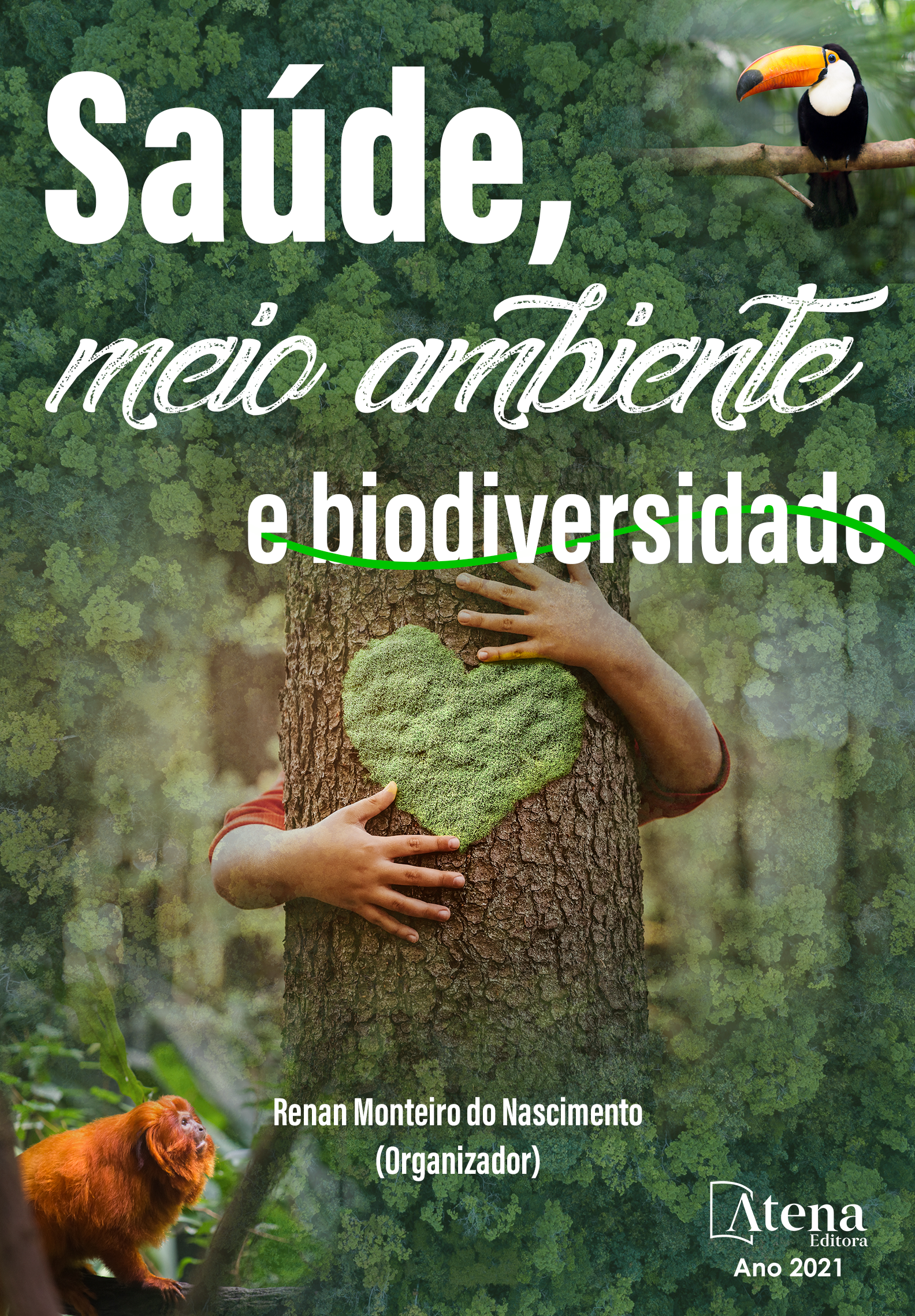
A ecologia como a ciência que explica as pandemias
Para compreender a natureza e consequentemente o ser humano e seu impacto no ambiente, é necessário analisar a origem e a evolução da vida no planeta e especialmente, as relações existentes nesse processo. Nesse sentido a ecologia é a ciência que tenta explicar a razão da vida na Terra. O estudo da ecologia permite entender que todas as espécies não podem ser estudas de forma isolada, mas como componentes de um complexo sistema ecológico. Para compreender o impacto do ser humano sobre o aumento de doenças infeciosas e sua origem nas pandemias, é fundamental investigar as relações existentes nos sistemas ecológicos envolvidos nesse processo. A maior parte das doenças infecciosas emergentes, como é o caso da COVID-19, são causadas por vírus e tem origem zoonótica, sendo uma manifestação das interações entre as espécies, refletindo a ligação direta entre saúde e biodiversidade, onde as mudanças ambientais podem afetar a sua transmissão. A contaminação do ser humano por essas doenças ocorre por transbordamento a partir de hospedeiros reservatórios, especialmente vertebrados da fauna silvestre ou doméstico. No caso da atual pandemia de COVID-19 causada pelo vírus SARS-CoV-2, os estudos sugerem que a sua origem ecológica ocorreu em populações de morcegos, especialmente do gênero Rhinolophus. Cenários de alta diversidade levam a uma redução das doenças infeciosas emergentes e consequentemente, da possibilidade das mesmas causar pandemias. O uso do conhecimento científico sobre as relações existentes na natureza, através da ecologia, pode auxiliar o ser humano na tomada de decisões para evitar esse tipo de evento. Isso é possível através do caminho da sustentabilidade, que tem como base o próprio conhecimento ecológico. De forma mais direta a resposta está no cumprimento dos objetivos do desenvolvimento sustentável (ODS), especialmente aqueles envolvendo saúde (3), mudanças climáticas (13) e proteção dos ecossistemas (15).
A ecologia como a ciência que explica as pandemias
-
DOI: https://doi.org/10.22533/at.ed.04721210712
-
Palavras-chave: SARS-CoV-2. Doenças infeciosas emergentes. Transbordamento.
-
Keywords: SARS-CoV-2. Emerging infectious diseases. Spillover.
-
Abstract:
To understand nature and consequently the human being and his impact on the environment, it is necessary to analyze the origin and evolution of life on our planet and especially, the relationships that exist in this process, therefore, ecology is the science that tries to explain the reason for the life on Earth. The study of ecology allows us to understand that all species cannot be understood in isolation, but as components of a complex ecological system. In order to understand the impact of human beings on the increase in infectious diseases and their origin in pandemics, it is essential to investigate the existing relationships in the ecological systems involved in this process. Emerging infectious diseases, such as COVID-19, are caused by viruses and have a zoonotic origin, being a manifestation of interactions between species, reflecting the direct link between health and biodiversity, where environmental changes can affect their transmission. The contamination of humans by these diseases occurs by spillover from reservoir hosts, especially vertebrates of wild or domestic fauna. In the case of the current COVID-19 pandemic caused by the SARS-CoV-2 virus, studies suggest that his ecological origin occurred in bat populations, especially the Rhinolophus. High diversity scenarios lead to a reduction in emerging infectious diseases and, consequently, the possibility of them causing pandemics. The use of scientific knowledge about existing relationships in nature, through ecology, can assist human beings in making decisions to avoid this type of event. This is possible through the path of sustainability, which is based on ecological knowledge itself. More directly, the answer lies in meeting the objectives of sustainable development (SDGs), especially those involving health (3), climate change (13) and protection of ecosystems (15).
-
Número de páginas: 16
- Morgana Karin Pierozan
- Roberto Valmorbida de Aguiar


